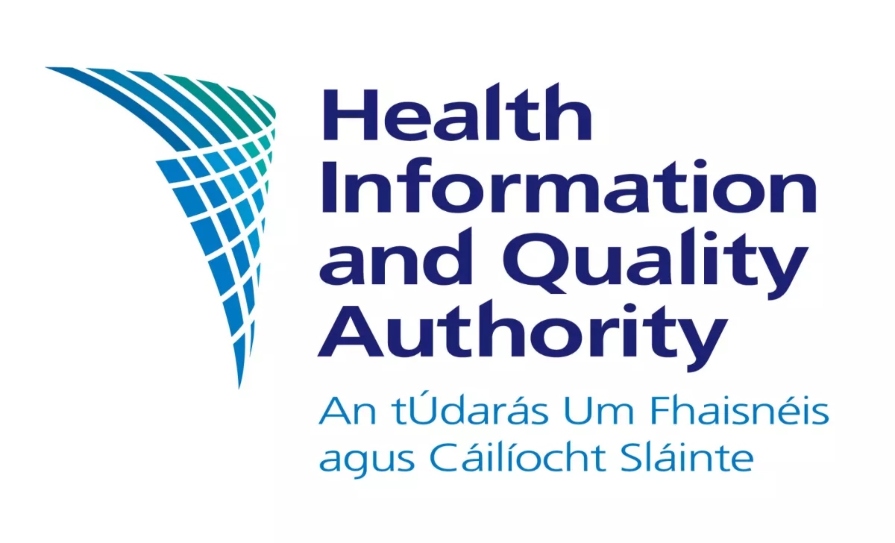An Irish stem cell transplant service for children would “reduce the financial, logistical and emotional burden” on families, a new Health Information and Quality Authority (HIQA) report has found.
HIQA published a Health Technology Assessment (HTA) on the repatriation of paediatric haematopoietic stem cell transplant (allogeneic haematopoietic stem cell transplant (HSCT)) services to Ireland.
The HTA was undertaken following a request from the HSE.
According to HIQA, the HTA examined the choice of treatment location for children with certain rare, inherited conditions who require stem cell transplants. HSCT treatment for these patients has typically been provided in the UK and funded through the HSE’s Treatment Abroad Scheme. These conditions include inborn errors of metabolism, inborn errors of immunity and haemoglobinopathies, conditions which disproportionately affect ethnic minorities within Ireland.
The HSE has an accredited HSCT service in Children’s Health Ireland (CHI) at Crumlin. Children with other conditions, such as leukaemia, receive their transplant at this location.
HIQA found that repatriating HSCT services for children who currently receive the treatment in the UK would potentially double the number of paediatric allogeneic (donor derived) HSCT procedures that would be carried out in Ireland every year.
HIQA also found that while demand for HSCT will vary from year to year, on average, the HSE would have sufficient bed capacity to accommodate the patients currently treated in the UK. HIQA’s estimates take account of the greater number of dedicated transplant beds that will be available when services move to the new National Children’s Hospital.
However, the ability to repatriate the service would rely on the recruitment of additional staff, such as skilled nursing staff and support staff, across a range of disciplines. HIQA noted that phased approach to implementation may be required to support the build-up of sustainable capacity within the service.
“When a child needs to undergo a stem cell transplant this experience is incredibly stressful for families,” said HIQA’s Deputy CEO and Director of Health Technology Assessment Dr Máirín Ryan.
“The need to travel abroad increases the stress further, with children and their parents having to remain abroad for periods of between two and six months. This means that families are separated from one another for long periods. Our assessment found that repatriation of stem cell transplants to Ireland would reduce the financial, logistical and emotional burden that these families face.”













Leave a Reply
You must be logged in to post a comment.